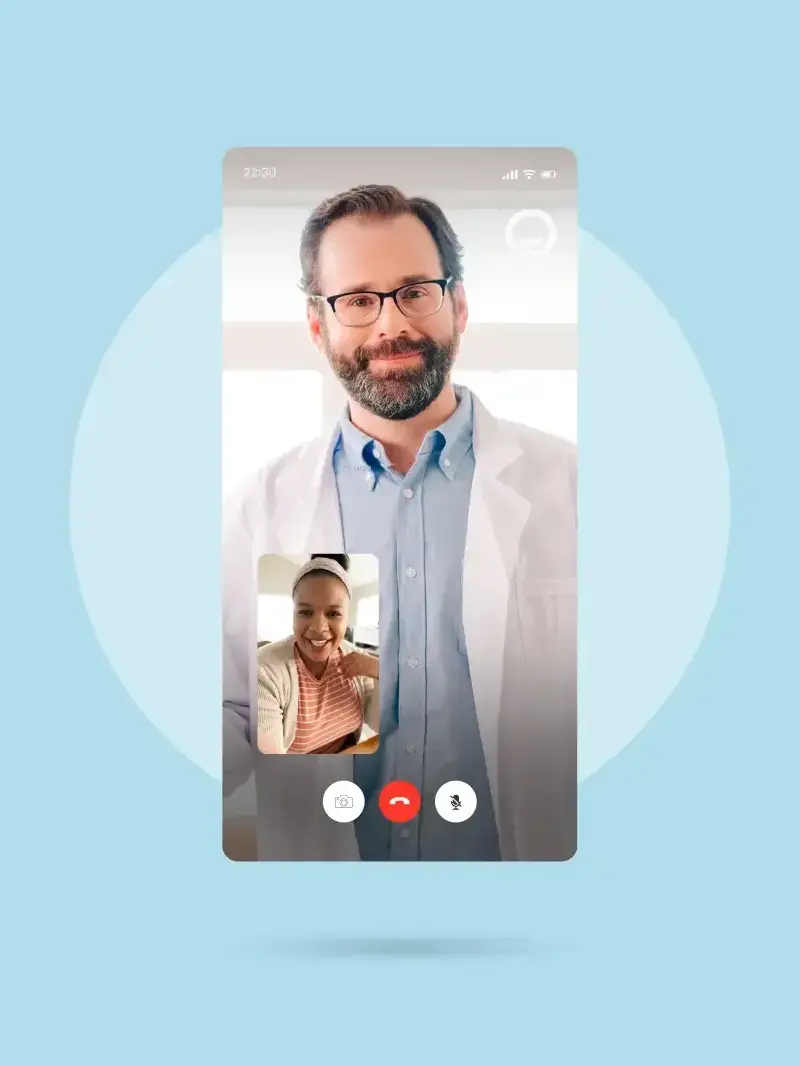Several biological related factors have been observed to play a role, including:
-
Age: The average age of onset for social anxiety disorder is during the teenage years.
-
Family genetics: It tends to run in families, but not all family members will get it.
-
Brain structure: People who possess an overactive amygdala tend to experience increased anxiety during stressful social situations. The amygdala is a part of the brain that plays a role in fear response control.
-
Temperament: People who are shy and withdrawn during social interactions tend to have a higher chance of developing social anxiety disorder.
Below are some environmental factors:
-
High stress situations: These situations, such as public speaking for the first time, can trigger anxiety attack symptoms for the first time.
-
Negative experiences: These are is tied to high stress situations. The human mind and body are constantly learning. If intense negative experiences such rejection or humiliation are the results of high stress social situations such as public speaking or meeting new people, the mind will learn to associate both together. As a result, when similar social situations arise in the future, the mind and body will view these as a trigger.
Some common triggers are:
-
Public speaking
-
Using public restrooms
-
Meeting new people
-
Speaking up in a meeting
-
Eating or drinking in public






